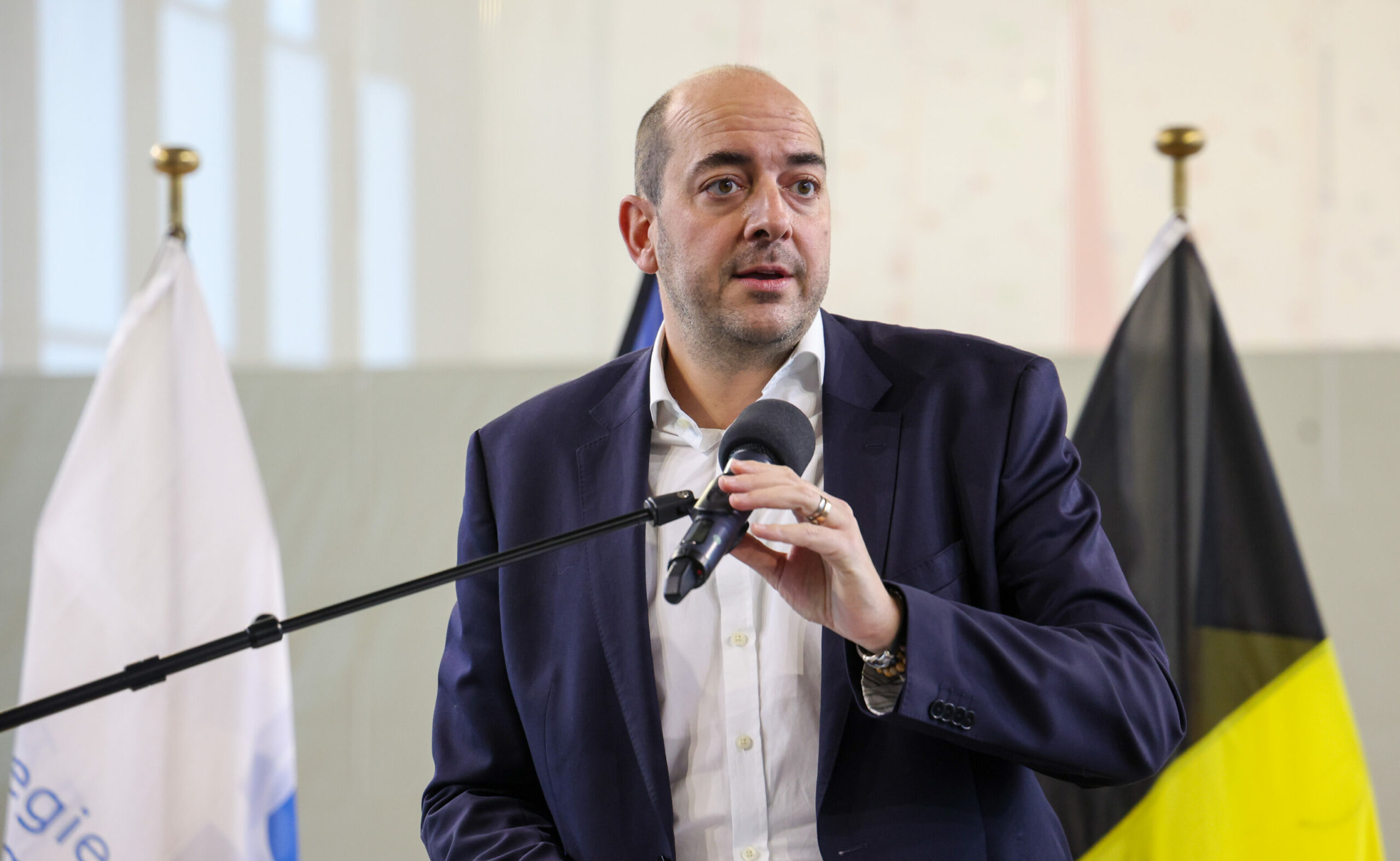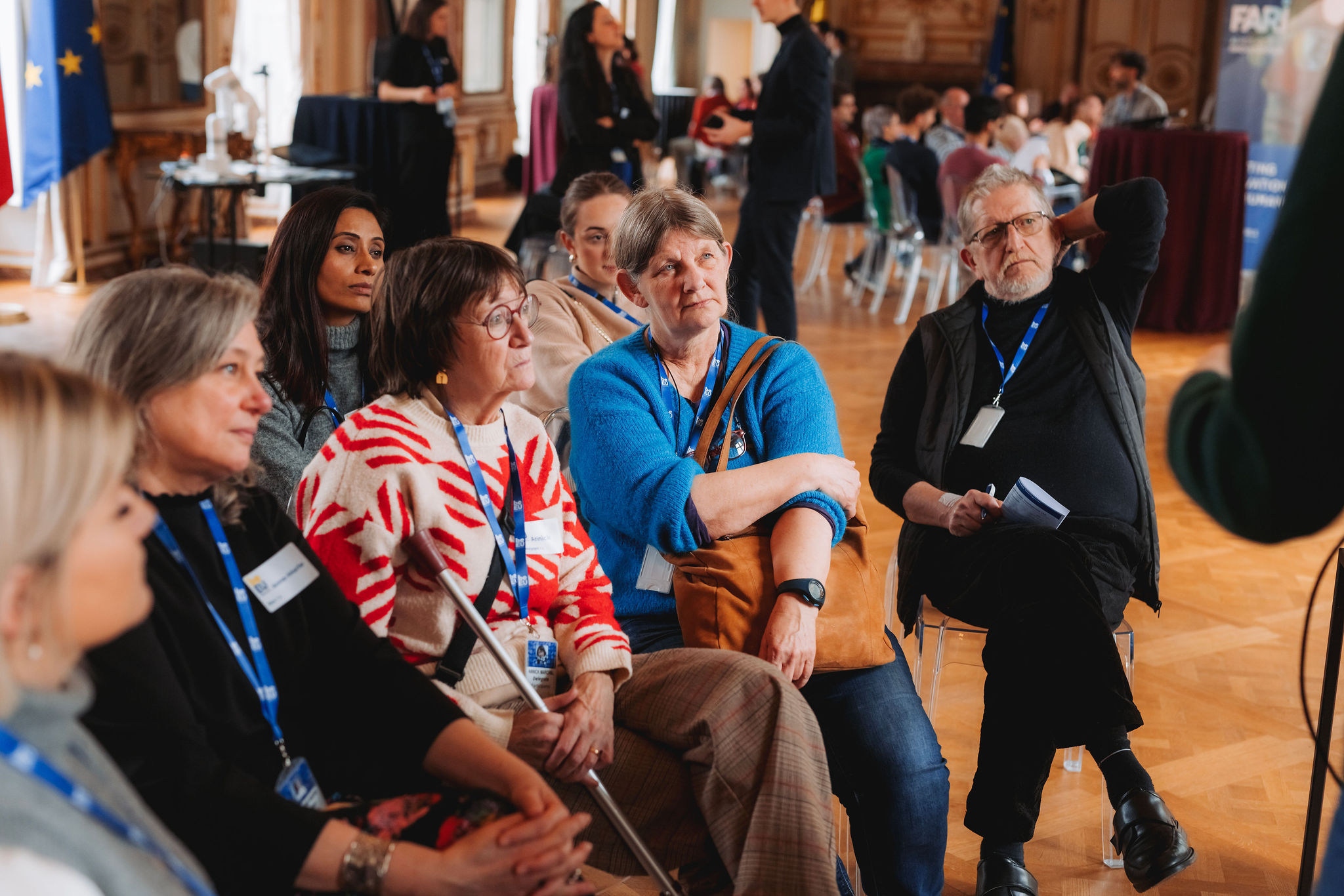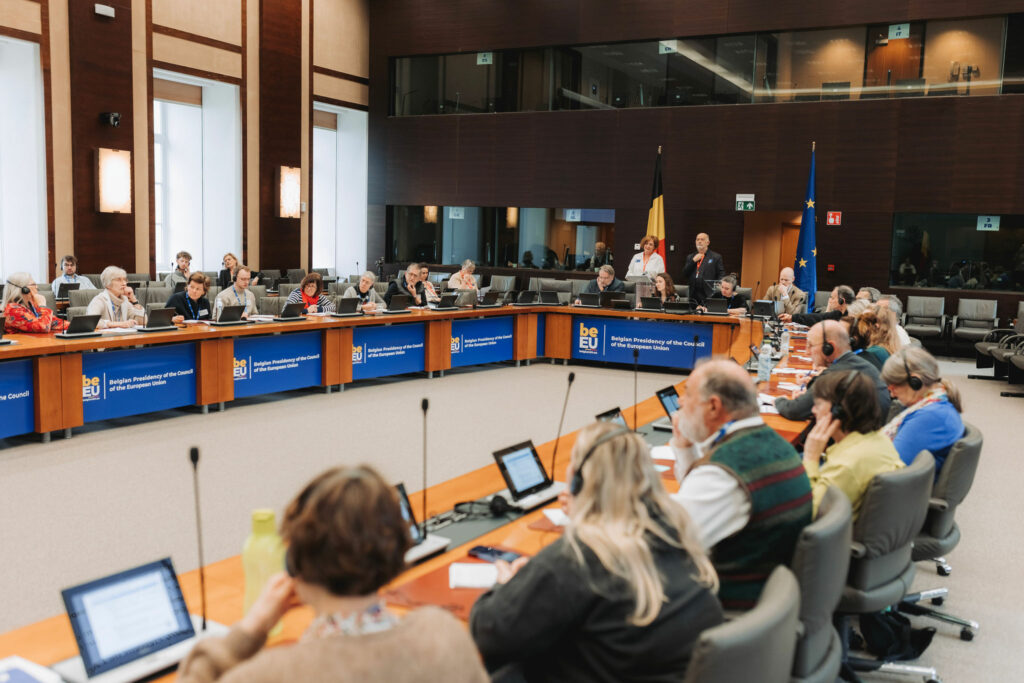The second session of a citizens panel on artificial intelligence (AI) took place over the weekend, allowing the public to voice their concerns and ideas about AI to the Belgian Presidency of the Council of the European Union.
The series of panels are the first of their kind and represent Belgium's desire to involve its citizens in the democratic process, especially for topics as prevalent and pressing as the regulation of AI.
60 citizens from diverse backgrounds and with varying degrees of knowledge about the subject were randomly selected to participate in the initiative. Over the weekend, they had the chance to attend talks by experts and then pose questions to State Secretary for the Digital Agenda Mathieu Michel (MR).
"Citizens' panels provide an opportunity to discuss new ideas that have never been considered before," Michel told The Brussels Times after the Q&A session. "Just like the internet and phones, AI is a disruptive technology which requires both legislation and discussion."

State Secretary for the Digital Agenda Mathieu Michel (MR). Credit: Belga / Virginie Lefour
Indeed, the panel will have no concrete impact on legislation – the AI Act was adopted by the European Parliament earlier this month. The objective is rather to engage people in dialogue and gauge the societal feeling towards AI.
In addition, citizens had the opportunity to deepen their knowledge about different aspects of AI such as transparency and confidentiality, ethics, education, well-being and human development, and economic development.
What did participants think?
The majority of citizens expressed satisfaction at the panel's aims, format and content. "It was so informative," one participant Ashu Man-Shrestha told The Brussels Times. "I do AI studies, but I know even more now after attending the panel."
Another participant, Jeremy Tearr, also had a relatively strong understanding of AI before taking part in the panel, but appreciated the extent of expertise knowledge provided over the weekend. "I learnt more about how the EU works and about the length of the legislative process."

Credit: Belgian Presidency
Tearr added that the opportunity to hear from older people who were not as up to date on AI was enormously beneficial. "As young people, we share the same concerns. Older people have an entirely different perspective to us."
Both Man-Shrestha and Tearr expressed their concerns that the EU is taking too timid an approach to regulating AI. Tearr said that the panel prompted him to wonder why the institutions have allowed Facebook and other platforms to continue misusing data. "When I asked the Minister this, he couldn't answer the question. But he said they were working with experts on the issue."
'A good thing for the democratic process'
Michel noted that the ideas and questions put forward during the session were just as diverse as the demographics in attendance. Citizens asked the Minister about data protection, the environmental impact of AI, the EU's approach in comparison with the rest of the world and how AI would be taught in schools.
"This is undoubtedly a good thing for the democratic process," said Bart Depuydt, a participant who has always had a positive perspective on AI, but noticed that optimism has also taken root among other attendees since the panel series launched. "I was surprised to see that we all have a similar view of how AI should be regulated despite the diversity of origin and beliefs among us. I find it comforting that we all want a similar outcome."
The citizens panel will meet for a third and final time in April, where participants will present their main conclusions to the Belgian Presidency. A ceremony in May will see each of these themes presented to and discussed by policy experts.

